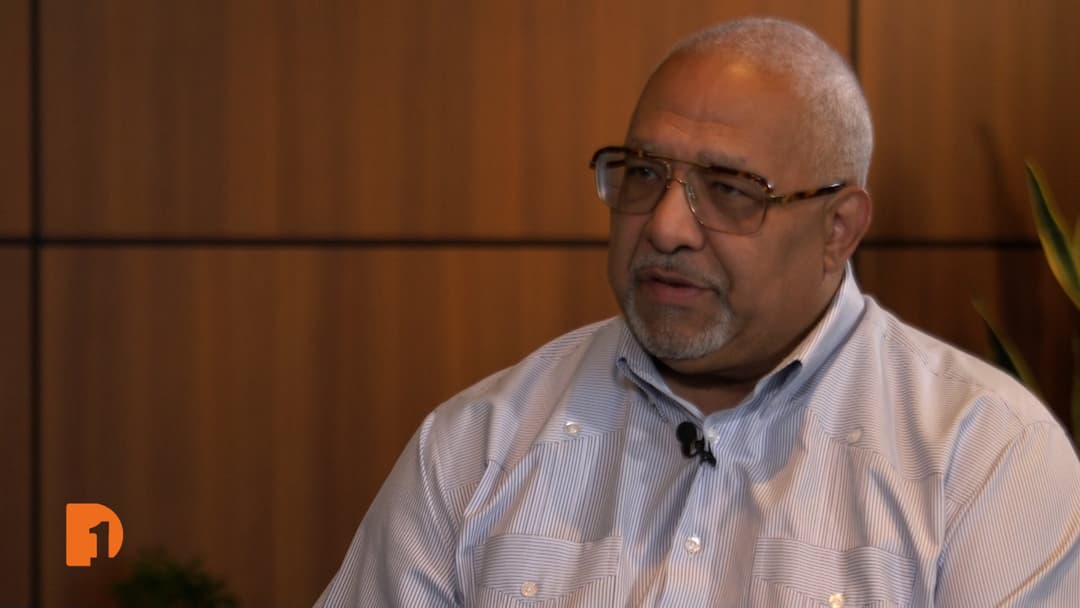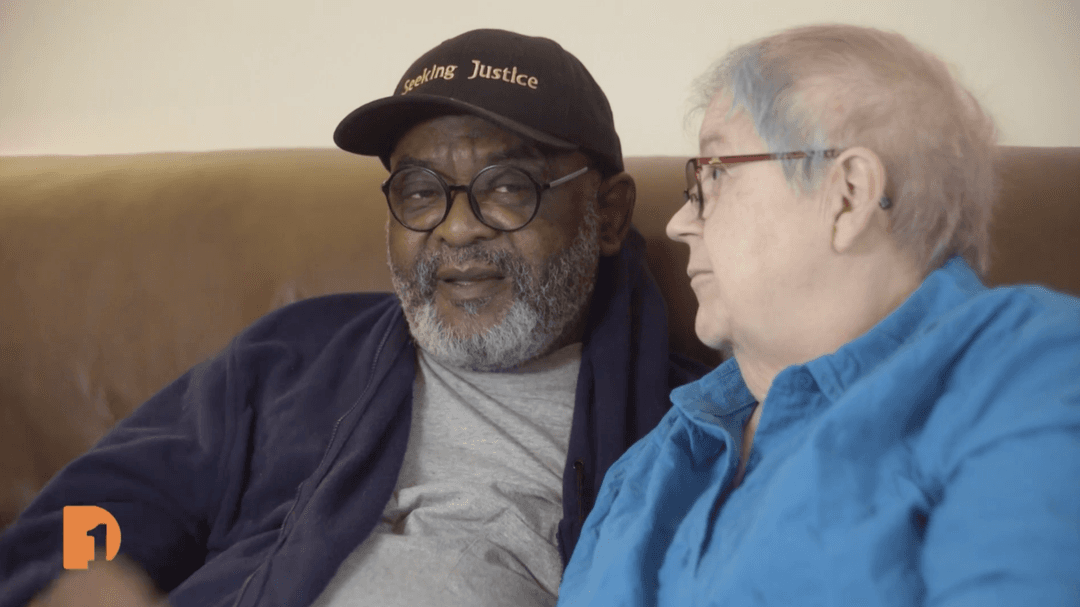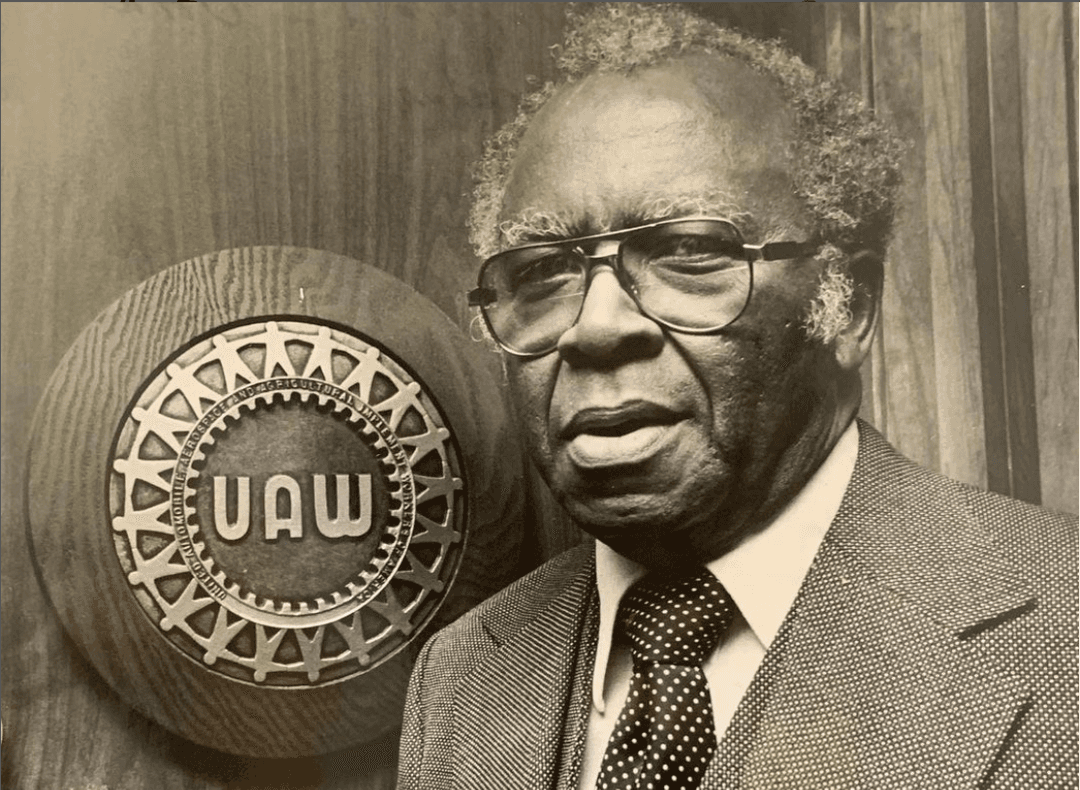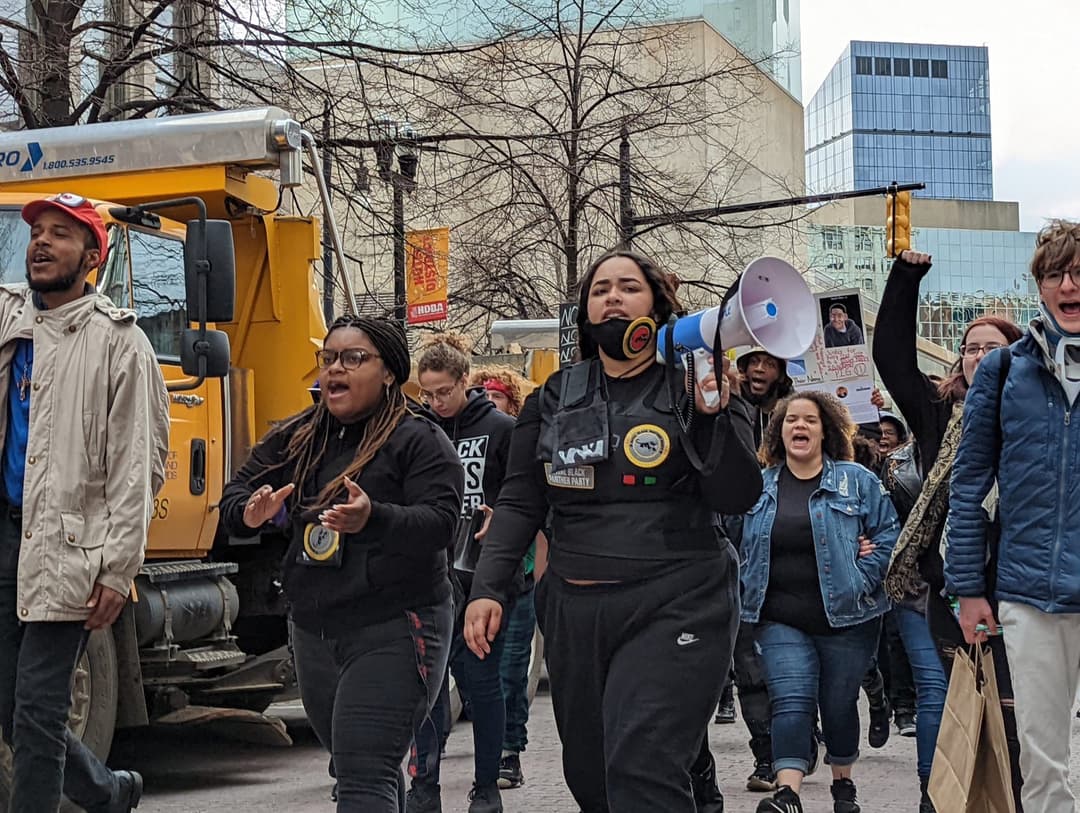
After 45 years in prison, Abner Hines is free, full of love
Apr 2, 2019
This article was originally published on  and is republished here with permission.
and is republished here with permission.
March 27, 2019 | Nolan Finley | The Detroit News
Abner Hines represents what’s right with humanity, and what’s wrong with our corrections system.
Hines stepped through the doors of the Macomb Correctional Facility on Tuesday and for the first time in 45 years was free to choose what he wanted to do, go where he wanted to go.

“When I walked out of that prison and saw all the love that was waiting there, I felt overwhelmed,” Hines says. “I felt all the way up, like the rap song says. I felt light as a feather. I could breathe.
“We stopped for breakfast and they asked me what I wanted and I said, ‘Just serve it to me, it’s better than what I’ve been eating.’”
Hines was 21 when he and four friends plotted to rob a Detroit liquor store owned by the stepfather of one of the group. No one was supposed to get hurt. But after Hines walked out of the store, he heard a gunshot. When he looked inside, the owner, Leonard McNeal, was dead on the floor.
Under state law at the time, all five men were charged with the same crime as the one who pulled the trigger — first degree murder — and all five faced the same sentence — life without parole. Three of the group pleaded guilty to a lesser charge and got much lighter sentences.
Hines, believing the fact that he wasn’t the shooter would mitigate his punishment, went to trial and lost. Both he and the killer were sent to prison with the expectation they would spend the rest of their lives there.

And Hines, 65, would have, if not for former Gov. Rick Snyder, who heard the pleas of his large and loving family and commuted his sentence before leaving office at the end of last year.
Hines is quick to admit that he deserved to go to prison.
“I made a very bad choice,” he says. “I committed a crime and I was rightfully punished for it.”
And he also acknowledges that prison did what it was supposed to: reformed him.
“About seven years in, I decided to change,” he says. “I could hear my father’s voice in my head saying, ‘Son, get an education. No one can take that away from you.’”
So he enrolled in the college courses offered by the prison, excelled, and earned a degree. He also found his Christian faith, and, he says, put his life in the Lord’s hands. He learned discipline, self-control and patience.
<iframe title=”DETROITNEWS- Embed Player” width=”825″ height=”635″ frameborder=”0″ scrolling=”no” allowfullscreen=”true” marginheight=”0″ marginwidth=”0″ src=”https://uw-media.detroitnews.com/embed/video/3293859002?placement=snow-embed”></iframe>
A repentant Hines was prepared to reenter society as a productive, contributing, law-abiding citizen. Yet he remained locked up, wasting his life and taxpayer money for another three-and-a-half decades.
“It’s a fallacy to think it takes 20 or 30 years for a man to change his life around,” Hines says.

Had he committed his crime four years later, he likely would have been released in five to 15 years. Four years after the McNeal murder, the Michigan Supreme Court ruled unconstitutional the law that charged accessories to a murder with the same offense as the actual murderer.
But the decision was not retroactive, and so Hines sat. Well, that’s not exactly true. He did the best he could to build a meaningful life.
“As long as I was in that institution, as long as I tried to correct my character, correct my morality, my values, and not return meanness for meanness, evil for evil, God had me,” he says. “When I started believing in that, I’ve never been bored, never been hopeless. I always had a sense of faith.”
There is no bitterness in Hines. And he doesn’t see himself as a victim. While incarcerated, whenever he bemoaned his fate he thought of that dead man on the floor of the liquor store.
“If I ever felt bitter, I just reminded myself that Mr. McNeal is not here no more. His family doesn’t have him. My family still has me. I’m still living. So I decided to live my life for him. To make myself better. To show his family that as a young man I made a mistake, but now I’m dedicating my life to teaching young men not to make the same mistake I made.”
There are roughly 160 older inmates in Michigan prisons who were given life sentences under the old law. Most, like Hines, have exhausted their appeals and have little hope of ever returning to their families.
Hines’ daughter was 2 years old when he went away. He worked to actively parent her through visits, letters and phone calls, and now has a grand-daughter and three great-grandchildren.

When I ask about how his life, and the lives of his family, would have been different had he been released when he was ready for responsible freedom, Hines is too wistful to answer. He prefers to focus on what’s ahead, and catching up with a world that has changed in so many ways since he last freely engaged with it.
“When I got in my sister’s car, I didn’t even know how to put the seat belt on,” he says. “I saw all the gadgets in the vehicle, and I’m saying, ‘What’s this? What’s that?’ I’m looking forward to learning to do all those things.
“One thing prison has taught me is to use time wisely. I live in the now. I tell everybody that when we’re gone, you can’t smell no flowers, you can’t hear no I love yous. So we got to love everyone right now, to appreciate one another.”
As I watched the joyous reunion Hines shared Tuesday with his family, I wondered how many of those who remain locked away share his story. How many did really stupid things as young men and women, changed their lives as they aged in prison, and yet may never experience the jubilation Hines felt when walked out of hell and into the arms of his loved ones?
Corrections systems are supposed to correct, thus their name. When they get the job right, as they did with Abner Hines, they should declare victory. Instead, they are keeping too many reformed men and women behind bars, either out of vindictiveness or fear, missing the opportunity to show off the results of their work.
Related Links:
[et_pb_video _builder_version=”3.12.2″ src=”https://www.youtube.com/watch?v=zmC2H0OkAgo&feature=youtu.be” /]
One Detroit | Returning Citizens to Work
[et_pb_video _builder_version=”3.12.2″ src=”https://www.youtube.com/watch?v=FGPCU2ZIu3E&feature=youtu.be” /]
One Detroit | LUCK, Inc.
Stay Connected
Subscribe to One Detroit’s YouTube Channel and don’t miss One Detroit on Thursdays at 7:30 p.m. and Sundays at 9 a.m. on Detroit PBS, WTVS-Channel 56.
Catch the daily conversations on our website, Facebook, Twitter @OneDetroit_PBS, and Instagram @One.Detroit
Related Posts
Leave a Reply
Your email address will not be published. Required fields are marked*





























